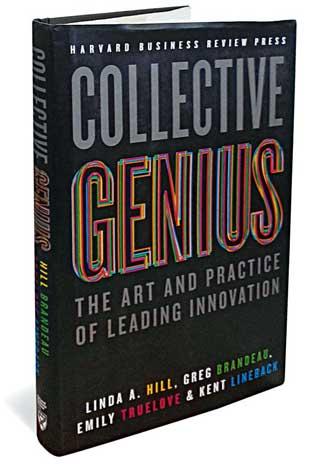Alum Books Podcast: Collective Genius
-
-
slice.mit.edu
Filed Under
Recommended
 Greg Brandeau ’84 SM ’85 spoke to Slice of MIT
Greg Brandeau ’84 SM ’85 spoke to Slice of MIT
In the summer of 2008, Greg Brandeau ’84 SM ’85 faced a serious problem in the office.
As senior vice president of systems technology at Pixar Animation Studios, he had a major release coming out: Up. On the schedule for Pixar’s mammoth rendering computers in the next two weeks, Up was projected to be a $1 billion major movie release. Unfortunately, it was scheduled to render, the process by which each single command of an animator’s directions becomes digital film, at the same time as a new complex experiment in short film, Cars Toons.
Brandeau had personalities to manage, and deadlines with Pixar’s owner Disney, but most of all he had a serious logistics problem on his hand: how to find the computing power to get both projects done on time.
Brandeau collected the happy ending to this story, and other lessons in innovative leadership, in a new book Collective Genius: the Art and Practice of Leading Innovation, published in 2014 and co-authored with Linda Hill, Emily Truelove, and Kent Kineback.
Brandeau joined Pixar in 1996 and most recently served as chief technology officer for Disney Animation Studios, which acquired Pixar. After leaving that post to become a full-time consultant, Brandeau found the idea of a book appealing.
“I was puzzling about how was it that Pixar had made five unbelievable movies in a row,” he says, “and no other major studio had done this? And now Pixar has made 14 blockbusters in a row without one miss. What was causing this? I wondered if it was how we were managing the process that makes what we’re doing better.”
The book examines other major companies transformed by innovative leadership, such as HCL, Volkswagon, Pentagram, and Google. These are idea factories, says Brandeau, where leaders access each employee’s “slice of genius” to move the firm ahead.
“We firmly believe that it’s the context in which people work that allows them to be innovated. Instead of thinking of the role of the leader in the traditional sense…the leader’s role in our view is organizers of a place where people can thrive.”
Listen to past books podcasts with novelists, professors, and entrepreneurs by visiting MITAA on Soundcloud. Have a good book to recommend, written either by you or a classmate? Tell us about it.







